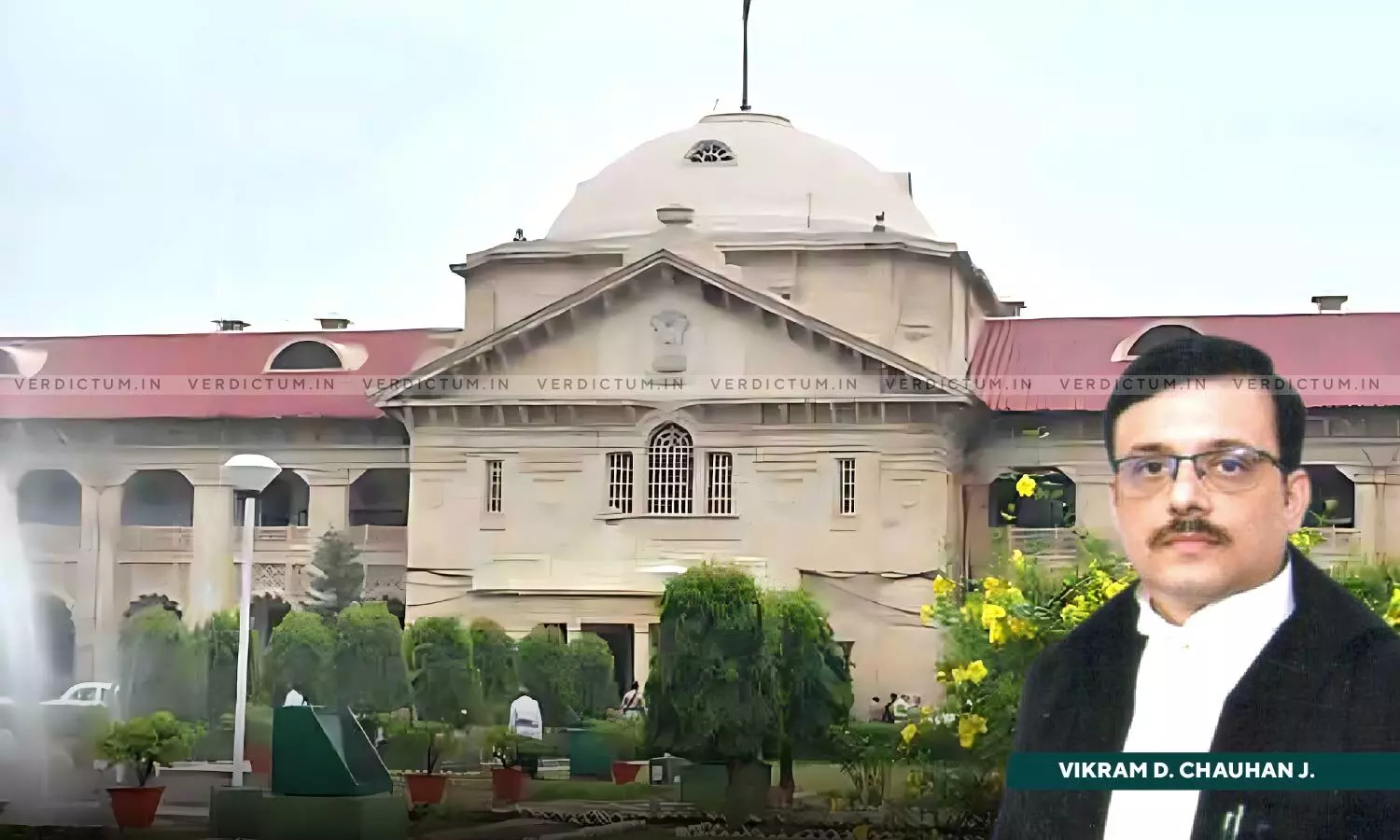
Duty Of Police To Find Accused Wherever They Are & Serve Warrant; Cannot Make Statement That Accused Are Not Traceable: Allahabad HC
 |
|The Allahabad High Court criticised the police for their inability to locate the accused for the past three years, noting that it was their duty to find them anywhere in India.
The Bench deemed it “strange” that the police authorities were unable to serve non-bailable warrants and stated that the non-service of a warrant to the accused showed that the police were not interested in serving the said warrants.
A Single Bench of Justice Vikram D. Chauhan observed, “It is very strange that police is not able to find out accused-persons for last three years. Under the Police Act, it is the duty of the police to serve warrant. Non service of warrant, shows that police is not interested in serving warrant. Such a situation cannot be permitted to continue. The police authority cannot make statement before the Court that accused-persons are not traceable. It is the duty of the police to find out the accused-persons where they are in India and produce them before the Court concerned.”
Advocate Surya Pratap Singh Parmar represented the applicant.
In a hearing held back in April, 2024, the Court noted the applicant's advocate pointing out that despite the issuance of non-bailable warrants and proceedings under Sections 82 and 83 of the Cr.P.C., the accused did not appear before the Court.
The Additional Government Advocate (AGA) was initially granted ten days to obtain instructions on why the accused were not being produced. However, subsequent hearings revealed no progress. The AGA reported that the police had visited the accused's residence, but they were not found.
The High Court found it strange that the police had been unable to locate the accused for nearly three years since the warrant was issued in 2021. "It is very strange that police is not able to find out accused-persons for last three years. Under the Police Act, it is the duty of the police to serve warrant," the Court remarked.
Initially considering issuing a notice to the Director General of Police regarding the conduct of the police department, the Court refrained from doing so at the request of the AGA. The AGA assured the Court that he would personally speak with the Superintendent of Police to expedite the arrest of the accused.
Based on this assurance, the court scheduled the next hearing among the top ten cases. The Superintendent of Police was ordered to file a personal affidavit on the matter by the next hearing.
Accordingly, the High Court listed the matter for further hearing on May 28, 2024.
Cause Title: Smt Vidya Singh v. State Of U.P. & Ors.
Appearance:
Applicant: Advocate Surya Pratap Singh Parmar